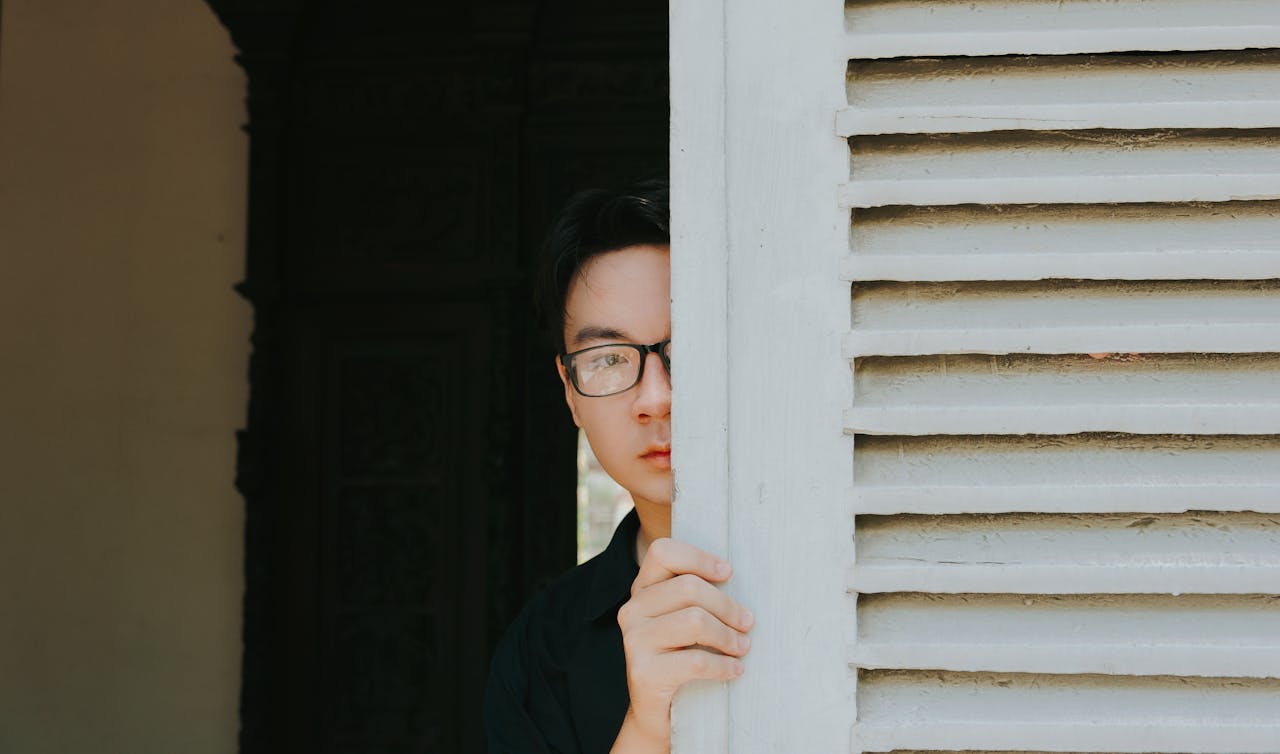
When you talk to the police, every word matters. Most people want to be helpful and honest, but sometimes, what you say can make things worse. Even simple, innocent phrases can raise suspicion. Police are trained to listen for certain words or behaviors that might signal you’re not telling the whole truth. This doesn’t mean you’re guilty, but it does mean you need to be careful. Knowing which phrases to avoid can help you stay out of trouble and protect your rights. Here are seven things you might say that could make police think you’re hiding something.
1. “I Don’t Remember”
Saying you don’t remember can sound harmless. Maybe you really forgot. But to the police, this can look like you’re dodging the question. If you say this too often, it can make them think you’re trying to avoid giving information. It’s better to be specific. If you truly don’t remember, explain why. For example, “I’m not sure about the exact time because I wasn’t paying attention to the clock.” This gives context and sounds more honest. If you’re unsure, it’s okay to say, “I want to make sure I get this right. Can I think for a moment?” This shows you care about accuracy, not hiding facts.
2. “To Be Honest…”
People use this phrase to sound sincere. But it can have the opposite effect. When you say, “to be honest,” it can make police wonder if you weren’t being honest before. It can also sound like you’re about to admit something important. Police might pay closer attention to what you say next. Instead, just answer the question directly. If you need to clarify, say, “Here’s what happened,” or “This is what I know.” Simple, direct answers are less likely to raise suspicion.
3. “I Wasn’t There”
Denying you were at a place can be risky, especially if there’s a chance you were seen or there’s evidence you were nearby. If police later find out you were in the area, even for a different reason, it can look like you lied. This can make them think you’re hiding something bigger. If you’re not sure, it’s better to say, “I don’t think I was there, but I can check,” or “I was in the area, but not at that spot.” This keeps your answer honest and flexible.
4. “I Don’t Know Them That Well”
When police ask about someone you know, saying you don’t know them well can sound like you’re distancing yourself. This can make police think you’re trying to hide your connection. If you do know the person, be clear about how. For example, “We work together, but we don’t talk outside of work.” Or, “We’ve met a few times at events.” Giving a simple, honest description of your relationship is better than sounding vague.
5. “I Guess So”
Uncertainty can be a red flag. When you say, “I guess so,” it sounds like you’re unsure or not telling the full story. Police might think you’re making things up or trying to avoid a direct answer. If you’re not sure, say, “I’m not certain, but I think that’s right,” or “I need to check to be sure.” This shows you’re trying to be accurate, not evasive. It’s okay not to know everything, but be clear about what you do and don’t know.
6. “Why Do You Need to Know That?”
Questioning the police’s motives can make you look defensive. Even if you’re just curious, it can sound like you’re worried about what they’ll find. This can make police more suspicious and more likely to press for answers. If you’re uncomfortable, it’s better to say, “Can you explain why you’re asking?” or “I want to understand how this relates.” This sounds more open and less confrontational. Remember, you have the right to ask questions, but how you ask matters.
7. “I Didn’t Do Anything Wrong”
This phrase might seem like a good way to defend yourself, but it can backfire. Police might wonder why you feel the need to say it. It can sound like you’re trying to convince them, not just state a fact. Instead, focus on answering their questions directly. If you’re worried about your rights, you can say, “I’d like to speak with a lawyer before answering more questions.” This is your right, and it doesn’t make you look guilty.
Protecting Yourself Starts With What You Say
The words you use matter, especially when talking to police. Even innocent phrases can make you look suspicious if you’re not careful. The best approach is to stay calm, answer questions clearly, and know your rights. If you’re unsure, it’s okay to pause or ask for legal help. Remember, you don’t have to answer every question, and you can always ask for a lawyer. For more tips on handling police encounters, see this Nolo legal resource.
Have you ever said something to the police that was misunderstood? Share your story or thoughts in the comments below.
Read More
